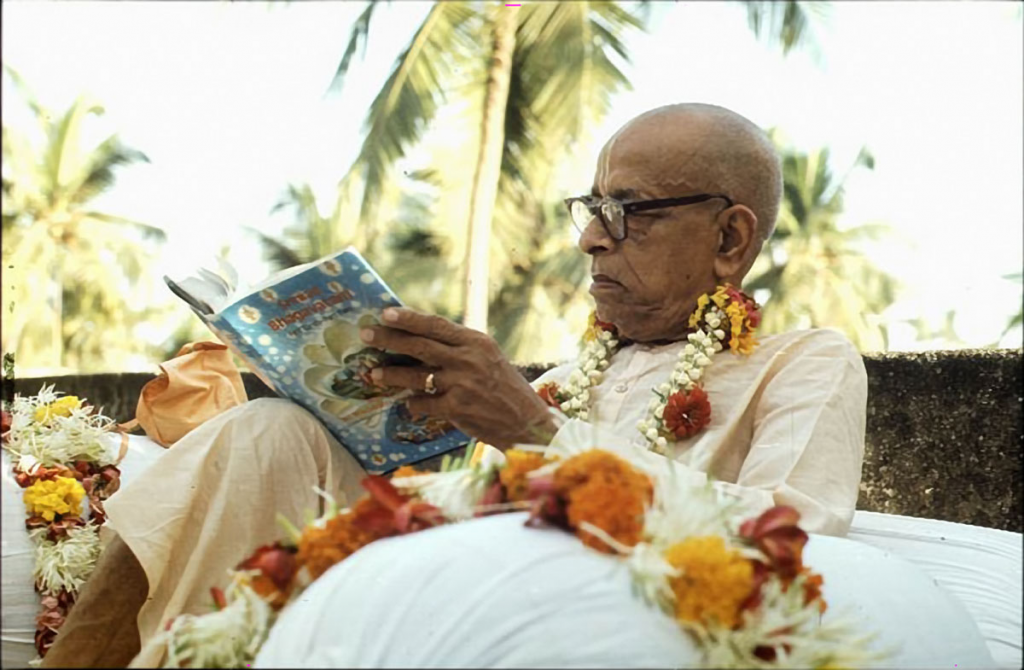- December 28, 2021Below we have the definitive statements by Srila Prabhupada as to WHO if the real guru. Some will accept and understand…

Under the guidance, inspiration and authority of
His Divine Grace A.C. Bhaktivedanta Swami Prabhupada
Founder-Acharya of the Krishna Consciousness Movement
Srila Prabhupada: “I wish that each and every branch shall keep their separate identity and cooperate keeping the acharya in the center. On this principle we can open any number of branches all over the world. (Letter, February 11, 1967)




